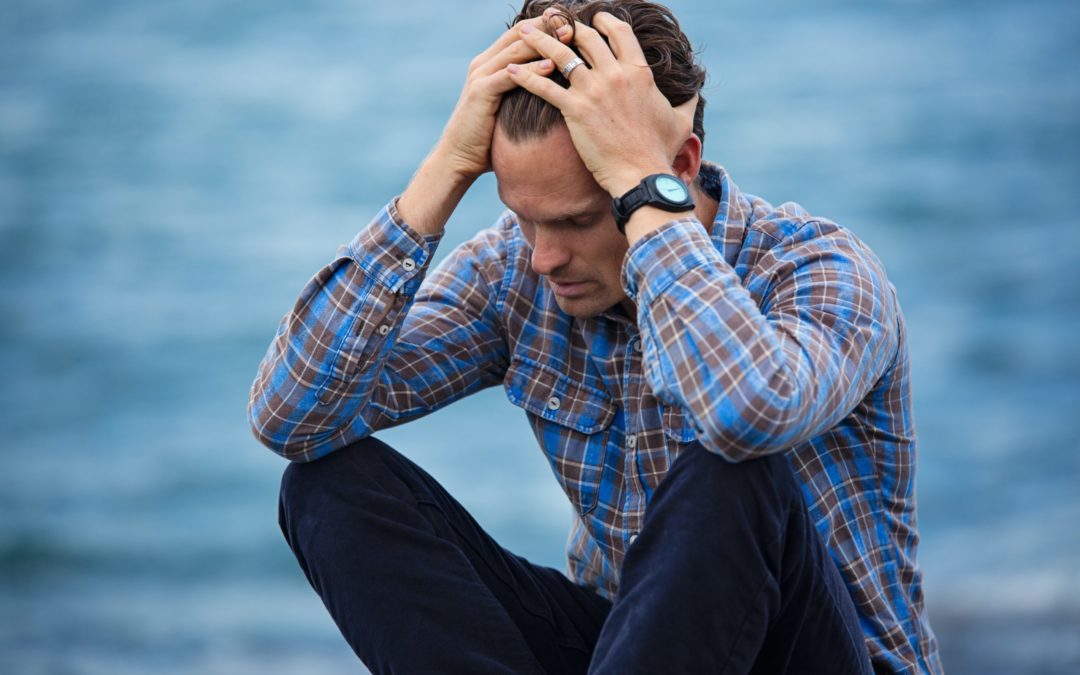*Content Warning: Mental Health
Over the years I’ve learnt some of the clues that let me know that things are getting bad again, or in less self-deprecating language, that my mental health needs a bit more care than usual. There’s lots of little signs but I’ve narrowed it down to a top five:
1. Sleep
If I am only able to get to sleep at about 5am and then feel the urge to sleep all day, I can fairly safely assume that something is affecting my mental health. I also develop anxiety around sleeping and start to worry that I’ll have dreams about whatever is affecting my headspace. I generally feel panic about letting myself slip into a state where I can’t distract myself.
2. Impulsivity
If I find myself spending more money on things I really don’t need, ignoring my schedule or making a lot of snap decisions, I know it’s a good time for me to pause for a moment and check-in with how I’m doing. I struggle with with impulse control. It’s a feature of my diagnosis but one I can usually effectively manage by using my coping mechanisms to head things off if it seems to be getting away from me. If I’m not able to do this, I know that something is up.
3. Self-Isolating
By nature, I am a very social person, a classic extrovert who needs other people for energy and a sense of identity. It is a big red flag for my mental health if I am intentionally separating myself from my loved ones for an extended period of time. This doesn’t mean that needing a bit more alone time when things are feeling hard is all bad, it’s more noticing that I feel increased feelings of anxiety, dread or even guilt when the idea I might spend time with someone comes up.
4. Eating
When my mental health is not doing so well, I tend to have a change in how I eat. While during a steady period I’ll do my best to eat 3 squares meals a day and allow myself to have snacks if I feel hungry. When I’m struggling a bit more, my eating habits and actual appetite will flip between what could be called emotional eating (eating more than usual to help deal with difficult emotions) and a total loss of appetite that to the outside observer can look a lot like restrictive eating habits. If I notice this trend, I know I need to take a break and focus on caring for my mental health
5. Relationship Insecurity
Possibly the biggest sign is when I start to have thoughts that the people in my life hate me, or don’t want to be around me, start taking over. These thoughts turn into an internal monologue with thoughts cycling through my mind throughout the day. It can be really hard to push past these internal messages and find my faith that my loved ones don’t feel this way. However, I know that through some extra self-care I can quiet them once again.
If this list is something you relate to or you are recognizing these signs in yourself, be gentle with yourself. Take some time to practice some self-care. Recovery is not a linear process and we all have times when we need to put a bit more focus on our mental health no matter how long we have been in whatever recovery looks like for you. There’s no shame in needing a bit more help or bit more space for you.
—
This piece was written by one of the ICLA eFriend Peer Support Workers. eFriend is an online platform where you can connect with a trained peer support worker whom has their own lived experience of feeling lonely, isolated, stressed or worried. You can speak to your eFriend Peer via video or phone call. Your eFriend Peer will listen, validate and provide hope. If you like, they can also assist you to identify any other services you may like to try or help you create plans to improve your personal well-being. Or they can simply listen.
To book your first call visit: https://my.efriend.org.au/preregistration/


